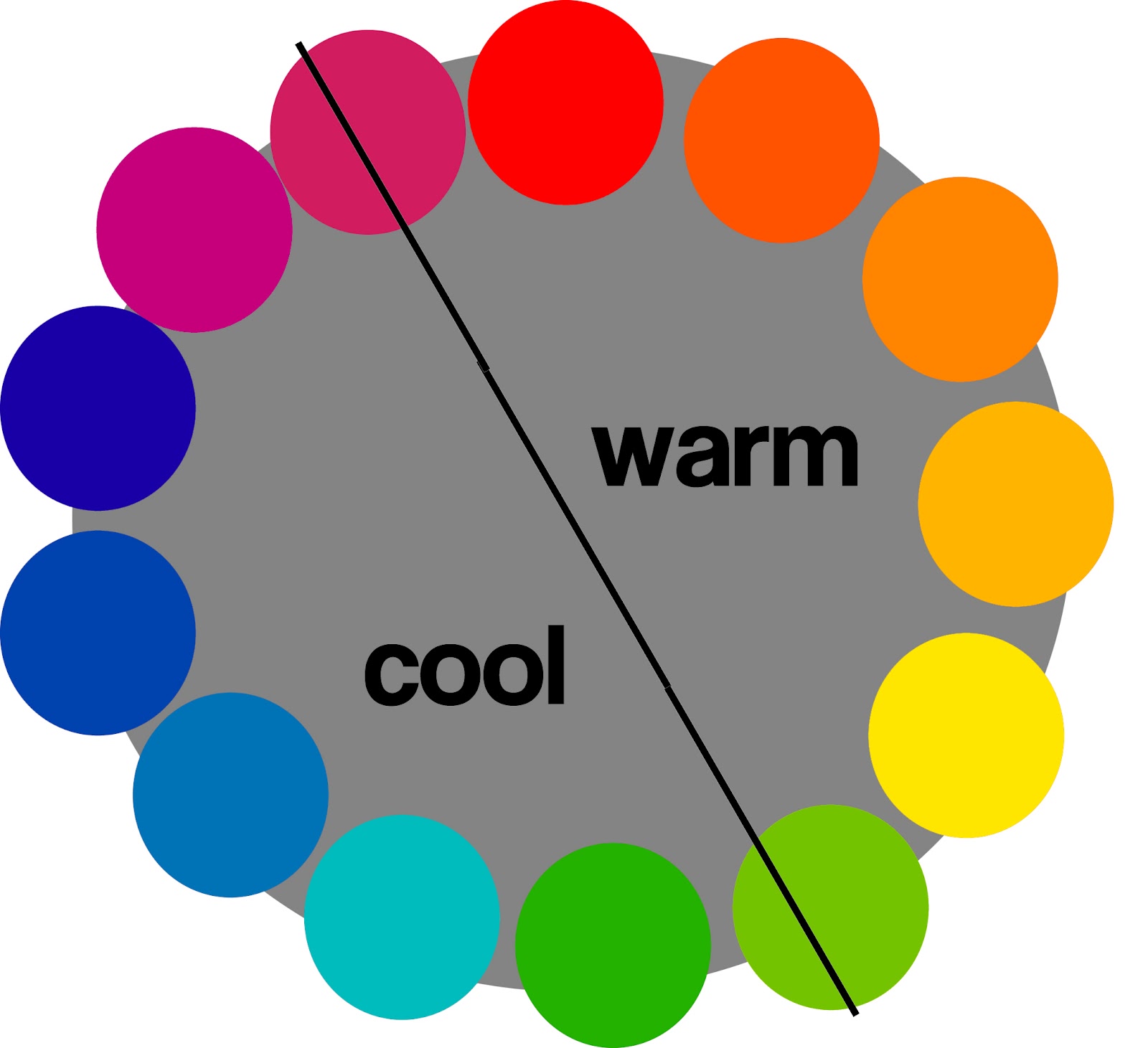Understanding Cool Colors: A Comprehensive Guide To Their Impact And Use
Cool colors are often associated with calmness, serenity, and tranquility. These colors, which include blues, greens, and purples, play a significant role in art, design, and our daily lives. In this article, we will dive deep into the world of cool colors, exploring their psychological impacts, applications in design, and how they can influence our moods and environments.
As we navigate through the various shades and tones of cool colors, we will uncover their unique characteristics, cultural meanings, and practical uses in different fields. By the end of this guide, you will have a better understanding of how to effectively incorporate cool colors into your life, whether it’s in your home decor, wardrobe choices, or artistic endeavors.
This article will also provide you with valuable insights into the science behind color perception and how different hues can affect our emotions and behaviors. Let's embark on this colorful journey together!
Table of Contents
- Introduction to Cool Colors
- The Psychological Impact of Cool Colors
- Cool Colors in Design and Art
- Cultural Significance of Cool Colors
- Cool Colors in Nature
- How to Use Cool Colors Effectively
- Cool Colors in Fashion
- Conclusion
Introduction to Cool Colors
Cool colors are defined by their position on the color wheel. They are located on the blue side and include shades like teal, turquoise, lavender, and mint green. These colors are often perceived as soothing and refreshing, making them a popular choice in various applications.
In contrast to warm colors, which evoke feelings of warmth and energy, cool colors tend to create a sense of calm and relaxation. This fundamental difference is crucial when considering how to use colors in various settings, from interior design to marketing.
Understanding the essence of cool colors can help individuals and designers make informed decisions about color palettes that align with specific moods and purposes.
The Psychological Impact of Cool Colors
Cool colors have a profound effect on our psychology and emotions. Here are some key impacts:
- Calmness: Shades of blue are often linked to feelings of peace and tranquility. They can reduce stress and create a serene environment.
- Focus: Green shades promote concentration and balance, making them ideal for study or workspaces.
- Creativity: Purple shades are associated with imagination and creativity, encouraging artistic expression.
Research suggests that the use of cool colors in environments can significantly influence mood and behavior. For instance, a study published in the Journal of Experimental Psychology found that participants in blue rooms performed better on cognitive tasks compared to those in warmer-colored rooms.
Cool Colors in Design and Art
Designers often utilize cool colors to create specific atmospheres in their work. Here’s how:
Interior Design
In interior design, cool colors are frequently used to create relaxing spaces. Bedrooms painted in soft blues or greens can induce sleepiness and relaxation, while living areas featuring cool tones can foster social interaction.
Graphic Design
Graphic designers use cool colors to convey messages of trust and calmness. Brands often incorporate these colors into their logos and marketing materials to establish a sense of reliability.
Cultural Significance of Cool Colors
Cool colors carry different meanings across cultures:
- Blue: In many cultures, blue symbolizes peace, stability, and trust. It is often associated with the sky and water.
- Green: Green is frequently linked to nature, growth, and fertility, making it a color of hope and renewal.
- Purple: Historically, purple has been associated with royalty and luxury due to its rarity, but it also represents creativity and spirituality.
Cool Colors in Nature
Cool colors are prevalent in nature and play a vital role in ecological balance:
- Water bodies, such as lakes and oceans, exhibit various shades of blue and green, promoting a sense of calm.
- Plants and foliage often display cool greens, contributing to a refreshing environment.
- Cool colors in nature, such as the purple hues of certain flowers, can attract pollinators and enhance biodiversity.
How to Use Cool Colors Effectively
Incorporating cool colors into your life can be done in various ways:
In Home Decor
- Choose soft blue or green paint for calming bedrooms.
- Incorporate cool-colored furniture and accessories to enhance relaxation.
In Fashion
- Select cool shades for casual or formal attire to convey professionalism and sophistication.
- Mix and match cool colors to create fresh and unique outfits.
Cool Colors in Fashion
Fashion designers often use cool colors to create collections that evoke specific emotions:
- Cool colors are popular in spring and summer collections, symbolizing freshness and renewal.
- These colors are frequently used in professional attire to convey a sense of calm and confidence.
Many brands promote cool-colored clothing as a way to appeal to consumers seeking a relaxed and composed style.
Conclusion
In conclusion, cool colors are a powerful tool that can impact our emotions, behaviors, and environments. From their psychological effects to their cultural significance, understanding cool colors can enhance our lives in many ways. Whether you’re looking to create a calming home space, develop a professional wardrobe, or simply appreciate the beauty of nature, incorporating cool colors can lead to positive outcomes.
We encourage you to experiment with cool colors in your life and observe their effects. Feel free to leave a comment below about your experiences or share this article with friends who might find it useful!
Final Thoughts
Thank you for exploring the world of cool colors with us. We hope this article has inspired you to embrace these calming hues in your daily life. Don’t forget to visit our site again for more insights and tips on color and design!
Is Belize Safe? A Comprehensive Guide To Safety In Belize
Understanding UNP: The Uniqueness Of Universal Network Protocol
Robyn Brown: A Deep Dive Into Her Life And Role In Sister Wives


